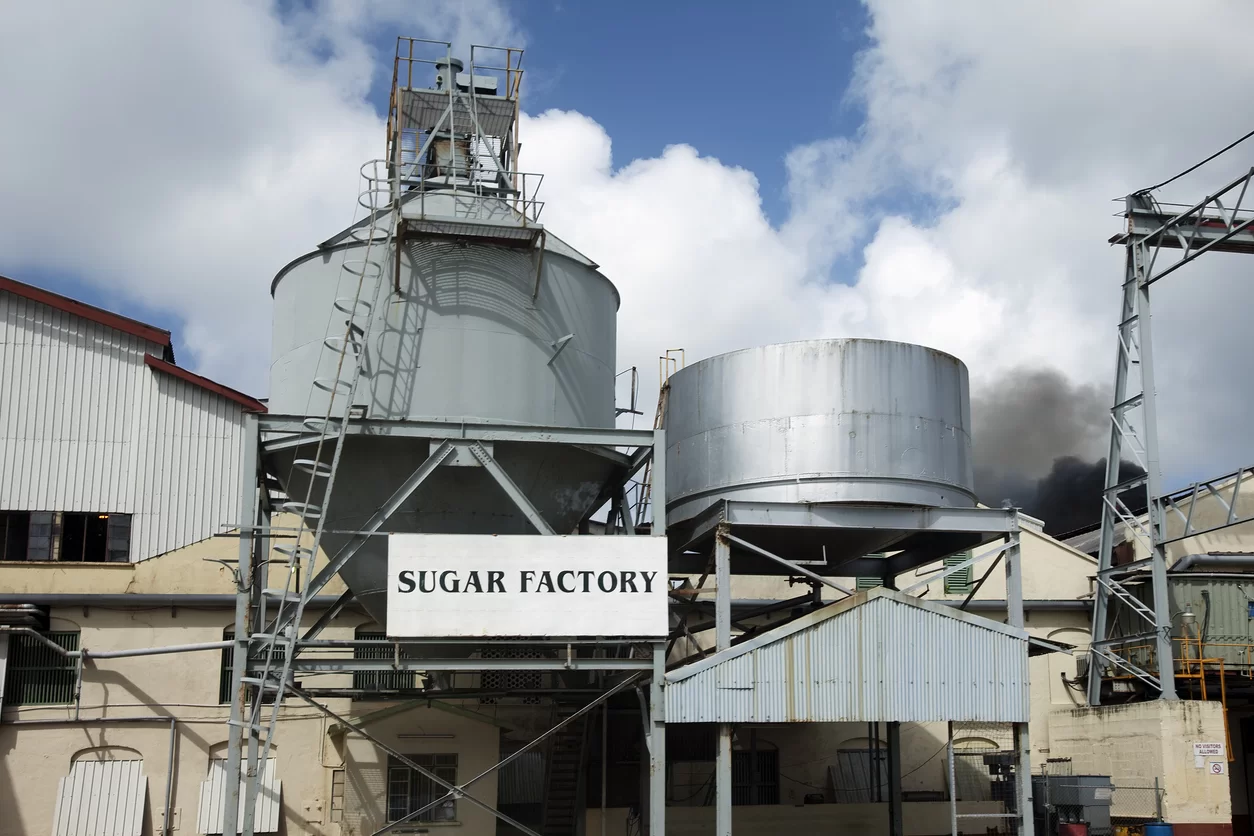- Monday, June 23, 2025
With India already the third-largest buyer of US ethanol worth $441 million, domestic sugar and soybean processors fear the proposed trade deal could flood markets with ethanol and genetically modified soybeans, hurting farmers and local industries.

By: Vibhuti Pathak
As India and the United States approach a crucial trade agreement deadline, the sugar and soybean processing sectors in India are sounding alarms over potential concessions that could reshape the domestic market. The US, seeking alternatives to China, is pressing India to open up to imports of corn, ethanol, and soybeans—commodities in which it holds a global edge.
US Pressure on Corn, Ethanol, and Soybean Imports
The US is the world’s top producer and exporter of maize and fuel ethanol and a leading producer of soybeans. Both US corn and soybeans are predominantly genetically modified (GM). The US wants India to ease restrictions on these imports, arguing this would help India meet its biofuel targets and fill supply gaps. However, Indian industries worry such moves could threaten millions of rural livelihoods.
Sugar Industry’s Fears: Ethanol and GM Maize
India’s ethanol blending program has seen rapid growth, with blending rates rising from 1.5 per cent in 2013-14 to nearly 19 per cent in 2024-25, close to the 20 per cent target for 2025-26. For the 2024-25 supply year, a total of about 2.77 billion gallons of ethanol have been contracted or made available to oil marketing companies.
Of this, 1.88 billion gallons come from grain-based feedstock (including 1.28 billion gallons from maize), while only 382 million gallons are from molasses and 509 million gallons from sugarcane juice.
Sugar millers fear that opening up to cheaper US maize or ethanol imports could further marginalize sugarcane as a feedstock, undermining domestic mills’ viability. They also worry that diverting maize for biofuel could create shortages for India’s livestock and poultry sectors, which rely on maize as a key feed ingredient.
The US exported a record 1.91 billion gallons of ethanol in 2024, valued at $4.3 billion. India was its third-largest market, importing 187 million gallons worth $441.3 million. Currently, India only allows ethanol imports for industrial (non-fuel) purposes under strict licensing.
A recent NITI Aayog paper suggested importing GM maize for ethanol production, with the protein-rich byproduct (DDGS) exported so it wouldn’t enter India’s food chain. The paper argues that US corn is cheaper and could help India meet its biofuel targets without disrupting local food and feed markets.
Soybean Processors’ Concerns: GM Imports and Farmer Livelihoods
The Soybean Processors Association of India (SOPA) is worried about the impact of US soybean imports. Indian processors crush 11-12 million tonnes of soybeans annually, but the domestic market is much smaller than China’s. The average market price for soybeans is about $52.73 per quintal, while the government’s minimum support price is $64.58 per quintal. Cheaper imports could drive prices down further, hurting the 7 million Indian soybean farmers.
SOPA also notes that if GM soybean meal cannot be sold domestically, only port-based processors—mainly global trading giants—would benefit, putting rural Indian processors at a disadvantage. The recent reduction in import tariffs on crude soybean, palm, and sunflower oil from 27.5% to 16.5% has already squeezed domestic processors, forcing many to operate below break-even or shut down.
Broader Trade Negotiation Dynamics
As India and the US negotiate, the government faces a delicate balance: opening markets to US agri-exports while protecting domestic industries that support millions of rural livelihoods. NITI Aayog has suggested selective tariff reductions and safeguards for vulnerable sectors, but both the sugar and soybean industries remain wary of any concessions.
The resistance from India’s sugar and soybean processing industries highlights the complex trade-offs in the India-US trade talks. The outcome will not only shape bilateral trade but also determine the future of millions of Indian farmers and rural enterprises, with billions of dollars at stake in the global agri-supply chain.